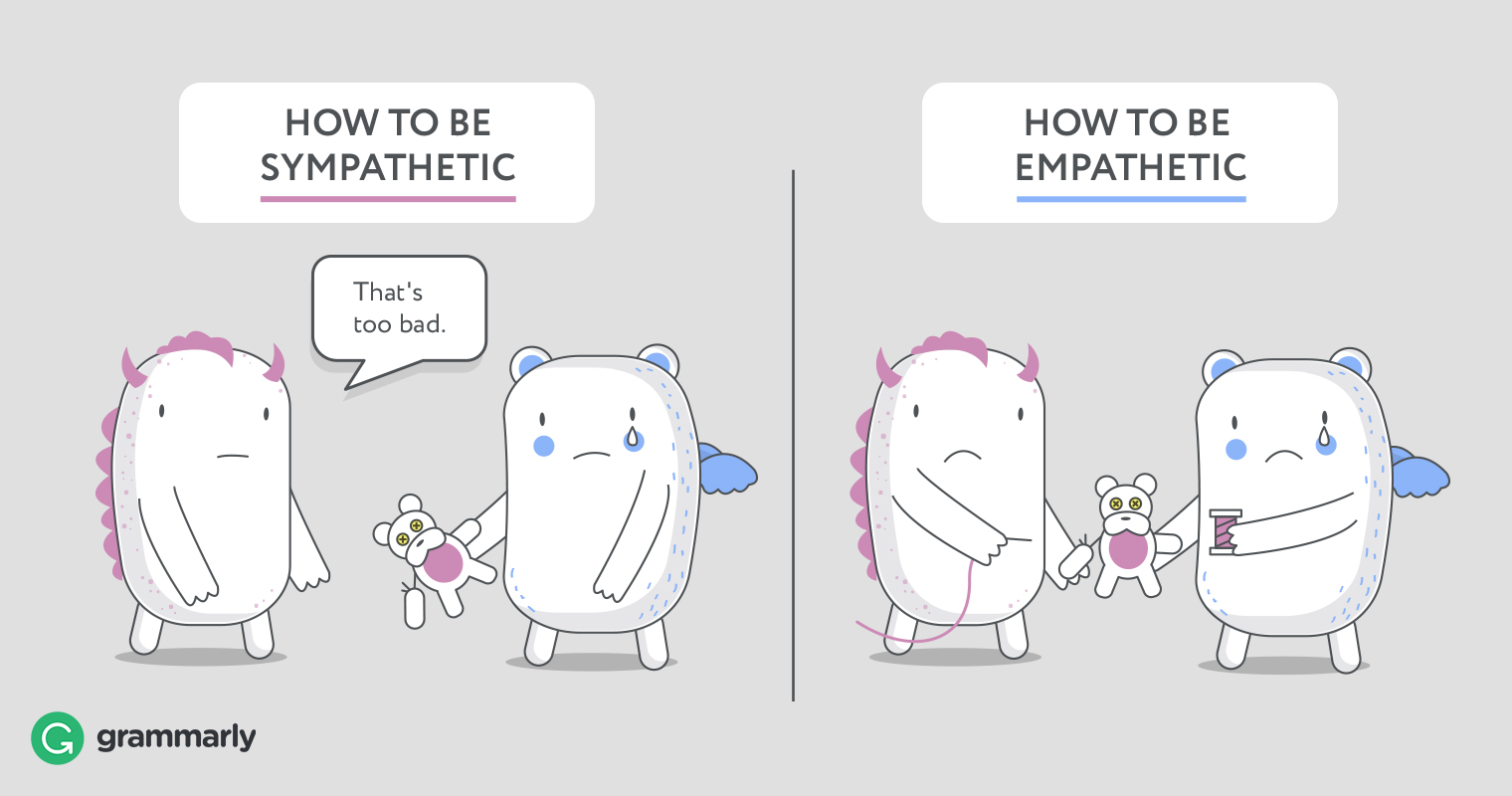Recently, a person in our group of friends, let's call her Rachel, was involved in a car accident.
The problem is, she was drunk and driving a stolen car. To give a bit more details : there were two people in the car, both of them drunk, when they collided with another car, inside of which were 4 teenagers (their driver was not drunk).
Luckily nobody died, but one of the people involved was badly injured. Obviously Rachel is now in a whole lot of trouble, with the police, as well as with the family of the people she injured.
And now Rachel is reaching out to our group of friends for emotional support. While I have been very clear that I will not show any of support to her, the rest of my friends are showing her a lots of support.
Everyone in our group knows of the circumstance of the accident, and her responsibility in it.
My problem comes from the fact that our common friends are trying to pressure me in being more empathetic towards her, and more understanding.
So I'm trying to make them understand that this will not happen, ever.
Here is what I tried :
- Explaining to them my point of view: she decided to drink, she decided to steal a car, she decided to drive said car, she caused an accident, hence she is responsible, and should act like it.
- Tried pointing out the fact that she caused harm to 4 teenagers, who were driving responsibly, as well as the fact that she could have killed them.
- I also explained to them that, to me, drunk driving is the same as voluntarily putting others' lives in danger.
None of this has worked, no matter my argument, our group tend to respond with something along the line of
But she is our friend
How can I make them understand that I will not show sympathy, nor empathy towards Rachel, no matter if she was a friend of mine or not, knowing that :
- Cutting ties with them is not possible
- Being harsh with them is possible
- I do not have the option of simply ignoring them for a while
- I will not change my point of view on this matter
Edit To address the comments :
- What my friends are expecting: they're expecting me to act like them, which is to act as moral support for Rachel, to 'stand by her side' and help her with the situation both morally, and financially.
- What I want to happen : I want my friends to stop pressuring me on this subject, and leave me be, they're always trying to include me when they plan an event to support Rachel, and when I tell them that I won't be going, they spend hours (literally hours) trying to convince me, I want that to stop.
- Do I want to stay friends with Rachel? No, no I do not.
Also, a few more contextual details :
- Rachel is an adult, who's going into her 30s
- This is not her first drunken driving (though it's the first time she's been involved in an accident)
- She has a long history of not owning up to her mistakes
